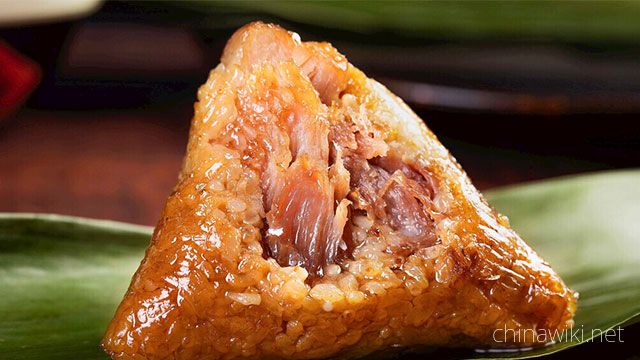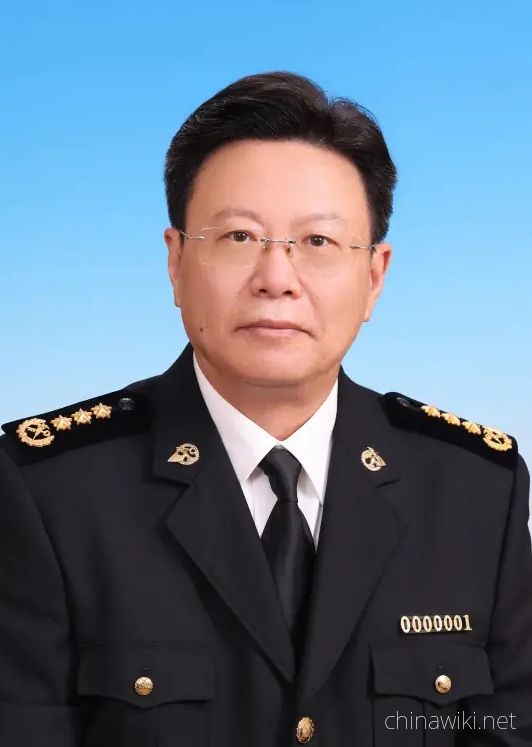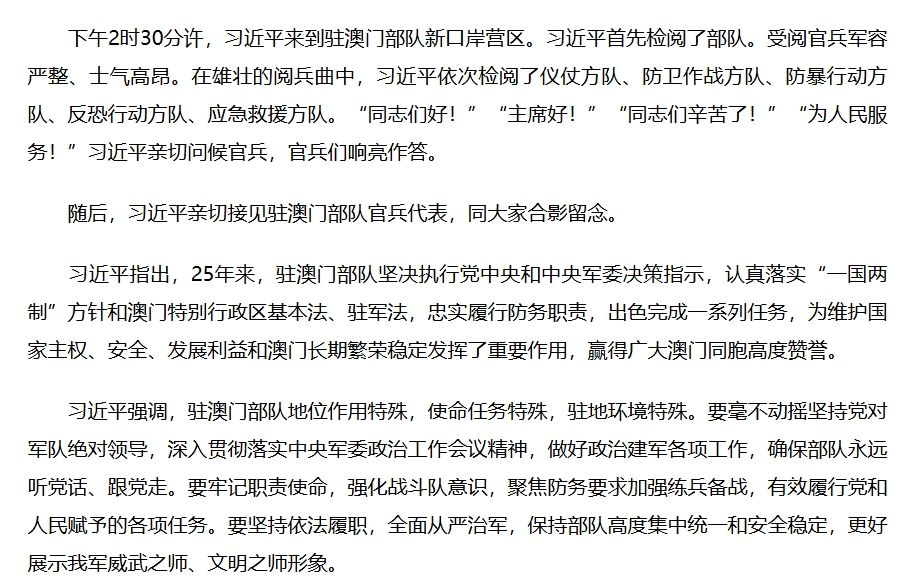Historical Records of Zongzi
The worship of ancestors during the Dragon Boat Festival is actually a content bestowed by later generations. The ancients actually had various interpretations of the Dragon Boat Festival.
Historical records about Zongzi can be found in Shuowen Jiezi by Xu Shen of the Han Dynasty. The character "zongzi" is originally called "gao", with reed leaves wrapped in rice. From the meter, the sound of sound.
During the Western Han Dynasty, some places ate "Owl Soup" during the Dragon Boat Festival. The annotation of "The Annals of Filial Piety and Martial Arts" in the Records of the Grand Historian quotes as Chunyan: "The Han envoy sent the owl to Dongjun, and on May 5th, the owl's soup was given to the officials. It was eaten because of the evil bird.". The custom of eating owl soup did not continue due to the difficulty in capturing owls.
In the Western Jin Dynasty, Zongzi was called "corn millet" in the Zhou Dynasty. In the "Record of Local Conditions", it was said that "in mid summer, the fifth day of the year, the side of the uncle was in harmony with the pole. Enjoy corn millet, and the tortoise scale is Shunde. The north and south call it different. In ancient times, it was called" corn millet "in the north. Because the north produces millet, it uses millet to make zongzi, which is angular, so it is called" corn millet ".
Two hundred years later, Wu Jun, a litterateur of the Liang Dynasty in the Southern Dynasty, said in his "Continuation of Qixie Ji": "Qu Yuan threw himself into Miluo on May 5 and died. Chu people mourned him, so they stored rice in bamboo tubes and threw water to sacrifice it." According to the "Qixie Ji", Zongzi was created because he was afraid that the rice sacrificed to Qu Yuan would be stolen by Jiaolong. Because Jiaolong is afraid of the leaves and green silk. It is evident that people have a deep affection for loyal and righteous individuals.
Since the Southern and Northern Dynasties, Zongzi has been popular among the people, which originated from the saying that people held a memorial ceremony for Qu Yuan. After Qu Yuan threw himself into the Miluo River, the people all sighed and mourned. Qu Zi, who had no ambitions, left the state of Chu like this, which was actually a loss for the country. So in order to prevent fish and shrimp from eroding Qu Zi, the people poured rice into the river one after another, hoping that the fish and shrimp would only eat this rice without damaging Qu Zi's body. Later, according to ancient books, it was Qu Yuan who entrusted the common people with a dream that rice and grain thrown into the river were actually eaten by the dragons in the river. If they were wrapped in mugwort leaves and tied with five colored ropes, they could avoid being swallowed by the dragons; Then came the Zongzi. There is also a folk legend: the wrapping of Zongzi actually implies that Qu Yuan was tied and thrown into the water to kill him, rather than committing suicide.
In Li Shizhen's "Compendium of Materia Medica" during the Ming Dynasty, he said: "zòng", commonly known as zongzi. The ancients boiled millet wrapped in wild reed leaves, with sharp edges. It is clearly stated that wrapping millet with wild leaves and cooking it into sharp or palm leaf shaped food is called "Jiaoshu" or "Zongzi". After the Ming and Qing dynasties, Zongzi was mostly made of glutinous rice. At this time, it was not called corns, but Zongzi.

Historical Records of Zongzi
-
Song Yanfei apologizes to Tong Dawei six years later for refusing to play pig Bajie, and is forgiven. Another teacher on the scene reacts with a heated discussion
Song Yanfei apologizes to Tong Dawei six years later for refusing to play pig Bajie, and is forgiven. Another teacher on the scene reacts with a heated discussion.
Views: 18 Time 2021-06-19 -
What does a dead dog have to do with you? Please pay attention to the image of Chinese people
"What's the relationship between the death of a dog and you... Please pay attention to the image of our Chinese people?" Hong Kong Chinese actor Xiang Zuo posted an article on his microblog on the evening of the 20th, naming Cai Yingwen, leader
Views: 17 Time 2021-06-21 -
China Zhengneng 2021 "five hundred" network boutique collection and selection exhibition launched today
People's daily, Beijing, June 25 (Songzi Festival) - sponsored by the central office of information technology, and organized by the network communication bureau of the central office of information technology, China Internet development foundation and CC
Views: 14 Time 2021-06-25 -
This year, 37 new undergraduate majors were added
This year, 37 new undergraduate majors were added, covering nine categories of law, education, history, science, engineering, agriculture, medicine, management and art. A total of 43 colleges and universities have passed the examination and approval of th
Views: 15 Time 2021-06-27 -
Central Organization Department: the total number of CPC members is 95.148 million
According to the latest party statistics of the Organization Department of the CPC Central Committee, as of June 5, 2021, the total number of CPC members was 95.148 million, a net increase of 3.234 million or 3.5% over the end of 2019.
Views: 14 Time 2021-06-30 -
Taiwan scholar Qiu Yi vaccinated COVID-19 in Xiamen
People.com.cn, Qiu Yi, Taiwan, was vaccinated by COVID-19 vaccine in Xiamen, Fuzhou, July 12 (Lin Ying, Lv Chunrong). On the afternoon of 12, Professor Qiu Yi of Taiwan Culture University ended 21 days of quarantine and was inoculated with COVID-19 vaccin
Views: 18 Time 2021-07-12 -
Floating in the freezer of a 57 year old aunt in Xingyang, Henan Province
In Sishui Town, Xingyang City, an aunt guarding the supermarket alone hid in the refrigerator when the flood invaded and floated in fear and cold for 17 hours.
Views: 17 Time 2021-07-29 -
Chinese Embassy reminds Chinese citizens in Syria to return home as soon as possible
At present, the fighting in northwest Syria is tense, and the security situation in Syria has further deteriorated. The Chinese Embassy in Syria suggests that Chinese citizens in Syria should take advantage of the continued operation of commercial flights
Views: 12 Time 2024-12-06 -
China includes 13 rare disease medications in medical insurance
China has recently included 13 rare disease medications in the national medical insurance drug list. This is part of the country's efforts to improve the accessibility of multiple treatment options. So far, over 90 rare disease treatment drugs have been i
Views: 10 Time 2024-12-10 -
General Administration of Customs Director Yu Jianhua passed away suddenly due to illness at the age of 63
On December 10, 2024, Comrade Yu Jianhua, Secretary of the Party Committee and Director of the General Administration of Customs of the Communist Party of China, passed away at the age of 63 due to a sudden illness that was beyond rescue efforts
Views: 145 Time 2024-12-11 -
Wealth management companies recruit in Hong Kong
According to a report on the website of Singapore's Lianhe Zaobao on December 16, many wealth management companies around the world are recruiting in Hong Kong to welcome the inflow of funds from the mainland of China
Views: 5 Time 2024-12-17 -
Comprehensively strengthen the construction of the military
On December 20th, Xi Jinping, General Secretary of the Communist Party of China Central Committee, President of the People's Republic of China, and Chairman of the Central Military Commission, inspected the Chinese People's Liberation Army stationed in Ma
Views: 7 Time 2024-12-21





